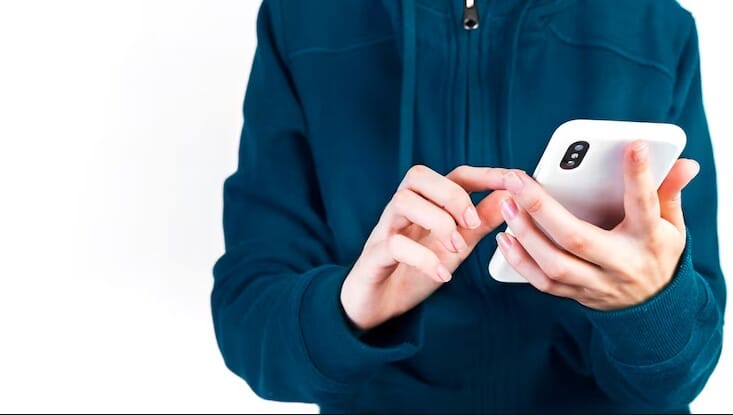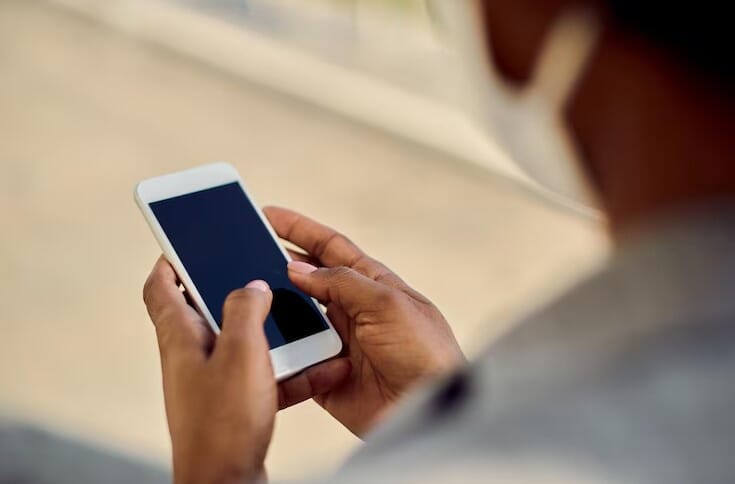
Who Called Me? Uncover the Owner of Any Number for Free
Who Called Me? Uncover the Owner of Any Number for Free
You know that moment when your phone buzzes, and you see an unfamiliar number flashing across the screen? It’s a mix of curiosity and dread—who could it be? A long-lost friend? A scammer? Or perhaps a telemarketer trying to sell you something you definitely don’t need? I remember the first time I received a call from an unknown number. I hesitated, heart racing, wondering if picking up would lead to something exciting or just another annoying sales pitch. After some deliberation, I decided to let it ring out. But what if I could uncover the mystery behind that number without breaking a sweat?
The Art of Reverse Phone Lookup
So, how can you find out who owns a number for free? The good news is that technology has made this task easier than ever. Reverse phone lookup services have popped up all over the internet like mushrooms after rain. These tools allow you to enter a phone number and get details about its owner—sometimes even their name, address, and more.
However, before we dive arizona reverse phone lookup into how these services work, let’s address a common question: Is reverse phone lookup accurate? The answer is a bit murky. Some services are reliable and pull information from public databases; others may reverse phone lookup free be less trustworthy or outdated.
Real-Life Examples
Let's take a look at some real-life scenarios where reverse lookup came in handy:
The Mystery Caller: My friend Sarah received multiple calls from an unknown number late one night. Concerned it could be an emergency, she did a quick search online using one of the free reverse lookup services. Turns out it was her neighbor's teenage son trying to reach his mom—an innocent mistake that avoided unnecessary panic.
Scam Alert: Last year, my colleague Mark got a call from what seemed like an official organization asking for personal information. He had his doubts and decided to look up the number first. A quick search revealed numerous reports of scams linked to that number. He promptly blocked it, saving himself from potential identity theft.
Lost Contacts: After moving cities, I found myself with a new phone but old contacts lingering in my memory (and on social media). When an old friend reached out from an unknown number, I used reverse lookup to confirm their identity before diving into nostalgia-laden conversation.

What To Do When You Can’t Find Results?
But what happens when reverse lookup shows no results? This can be frustrating! Sometimes numbers are unlisted or belong to private lines not included in public databases (like burner phones or VoIP lines). In such cases:
- Try searching online: Entering the phone number directly into Google can yield surprising results.
- Social Media Search: Platforms like Facebook or LinkedIn can sometimes help identify users by their contact numbers.
- Ask around: If you're comfortable enough, consider asking friends or colleagues if they recognize the number.
Handling Incorrect Information
If you’ve used a service and received incorrect info (trust me; it's happened to me), what should you do? First off, don't panic! Here are some steps to consider:
Reporting Scam Numbers
If you've identified a scam caller through your searches (like Mark did), reporting them is crucial! Most countries have resources for reporting scam numbers; in the U.S., for example:
- Utilize the Federal Trade Commission (FTC) website.
- Report through your carrier, as many offer features to block spam calls.
Current Trends & Cultural Touchpoints
In today’s digital age where privacy concerns are rampant—especially following recent events concerning data breaches—it’s essential we safeguard our personal information while remaining vigilant about unsolicited calls. Just last week, there was news highlighting how scammers are increasingly using spoofed numbers that look familiar (like local area codes) to gain trust.
Closing Thoughts
As we navigate this complex web of communication in our interconnected world, understanding how to uncover who called us becomes not just useful but necessary. Whether avoiding scams or reconnecting with old friends, having these tools at our disposal empowers us as informed individuals.
So next time your phone rings with an unfamiliar number, take a moment before answering—or better yet, consider utilizing those reverse lookup services! Have any experiences you'd like to share about mysterious phone calls? What strategies have worked best for you in identifying unknown callers?
Let’s keep this conversation going because together we can turn those uncertain moments into opportunities for connection—or at least save ourselves from unwanted interruptions!